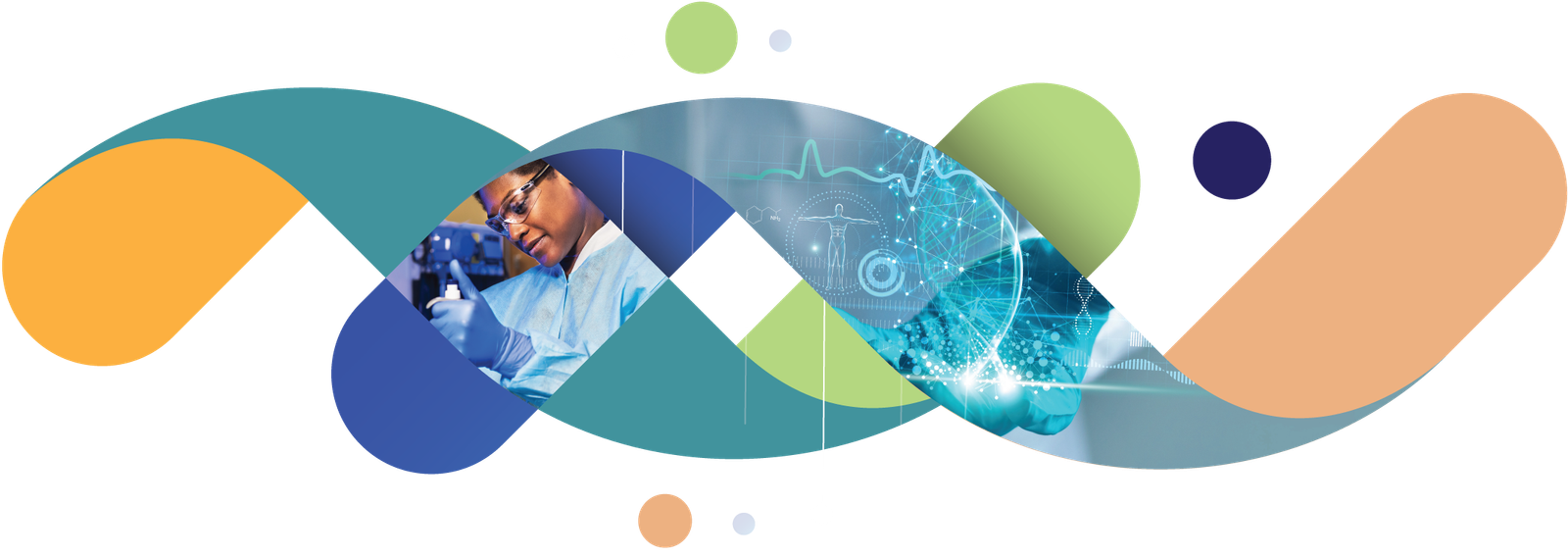IMDRF 2023
23rd session
27-28 March 2023 | Brussels, Belgium


Welcome to Brussels, the capital of the Kingdom of Belgium and of Europe.
The city centre of Brussels is easily accessible by public transport: train, tram, metro, and bus.
Inner-city Brussels public transport uses unified ticketing system so you can use the same ticket for bus, metro, tram, or a combination. Every STIB bus, tram and metro station is equipped with a specific contactless payment device (working for bank card, smartphone, and smartwatch). A Basic MOBIB card can also be bought at the ticketing office and GO machines: 1-hour ticket costs €2.10 and 24-hour time ticket costs €7.50.
Find here the map of the underground (subway) and train stations in Brussels.
More information about the public transport here.
There is a train service from Brussels Zaventem Airport to Brussels Central Station every 10 minutes. The ride takes 18 minutes and costs €19.Normal metro tickets are not valid for travel on the train transport line from Brussels airport to Brussels city, therefore you must buy the ticket online.
The train stops at Brussels north station, Brussels central station and Brussels south station. You can get off or on the train at any of these stations. Some trains also stop at Brussels Schumann (nearest stop) and Brussels-Luxembourg station.
Taxis may be called on the spot or booked in advance via the below phone numbers or the dedicated mobile apps.
IMDRF 2023 Support Team recommends the following hotels.
The preferential rates are applicable only by following the below mentioned process or by referencing IMDRF during the reservation process.
3-STAR HOTELS
4-STAR HOTELS
5-STAR HOTELS
Brussels is one of the most international cities in the world. 27% of the population is made up of foreigners.. In line with its status as the Capital of Europe (the seat of the European Union), Brussels is also the location for 40,000 EU employees, 4,000 NATO employees and hosts about 300 embassies ,lobby groups, , and press corporations.
It is an interesting fact that Belgians do not share one common language. There are three official languages in Belgium and an official language border has been established between the regions. In Brussels people mostly speak French, but all public signs and documents are in two languages (Dutch and French).
We have put together a selection of the top sites you absolutely must not miss!
As in most European countries, the currency of Belgium is the Euro. Other currencies are normally not accepted, so be sure to change exchange your national currency at one of the many currency exchange offices located throughout the city.
They all take the Bancontact/Mister Cash cards from Belgian banks, as well as some international debit and credit cards. Certain ATMs may not issue cash on credit cards, in which case sometimes trying a different Belgian bank’s ATM can work, otherwise you will need to visit a bank office to take out cash. Dispenser lobbies within Belgian banks are open after hours, but usually only for bank customers, who must swipe their bank card for entry. You may find yourself queuing at peak times for an ATM at central banks in Brussels, or that machines are low on cash after a big Saturday night.
It is advised to a bring a rain jacket as well as warm clothing as typically rain and cold weather can be expected during this period.
An efficient and integrated network of the various police forces, emergency services, organisations and agencies are ready to respond to emergency calls.
Both numbers are free 24 hours a day from a landline, a public telephone, or a mobile phone (even when networks are not available or overloaded).
In the event of a road accident, you can call an agent from one of the emergency roadside phones positioned every two kilometres on motorways and some regional roads. The agent will be able to determine your location automatically.
Electrical outlets in Belgium supply electricity at 220 volts AC. All sockets are French, two-pin, Schuko, so you might need an adapter plug. It is better if you use a universal type.
My Brussels is a well-known App can be particularly useful for anyone visiting the capital, as it provides useful telephone numbers, weather, points of interest, traffic info and more. App store & Google Play